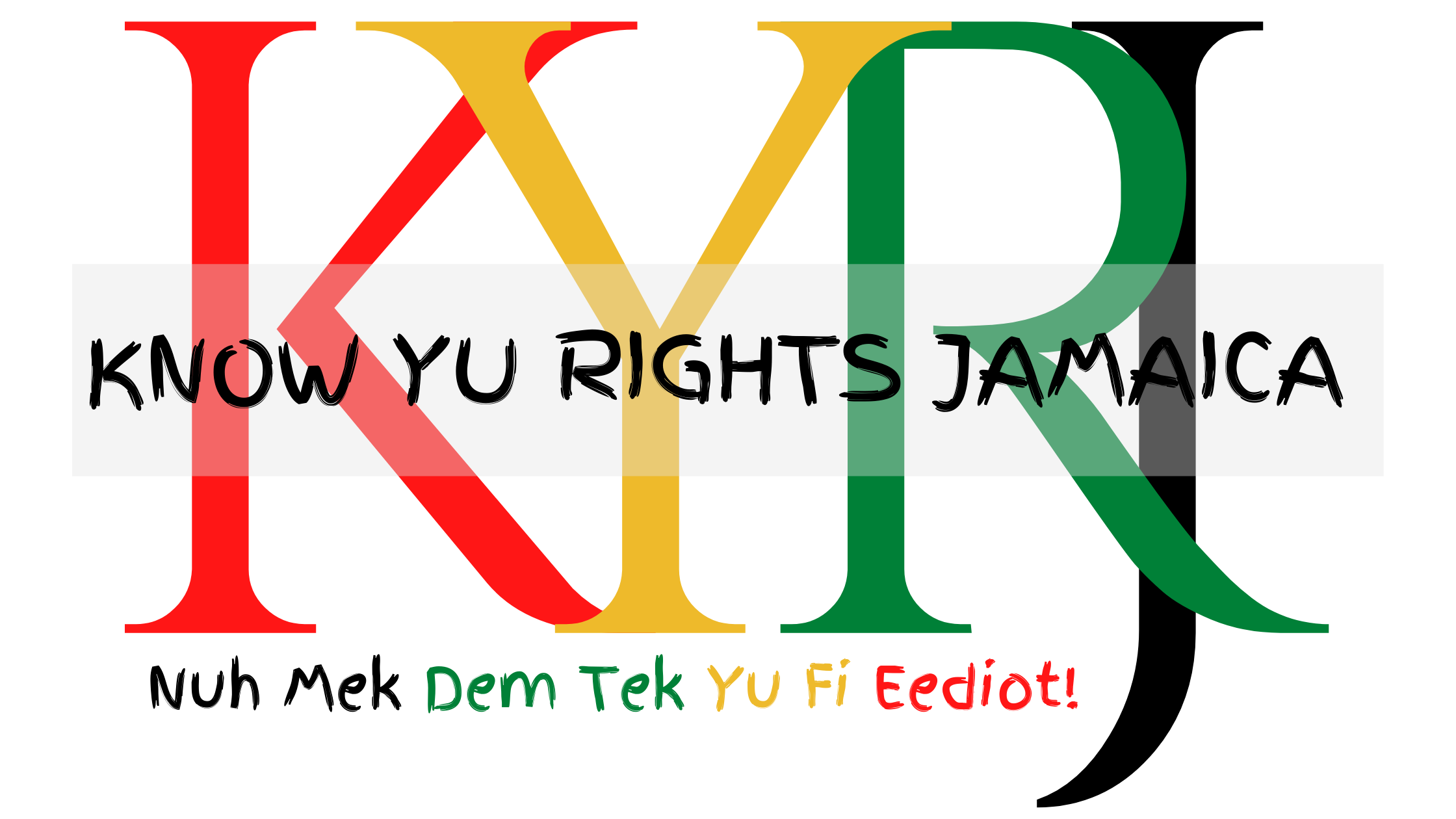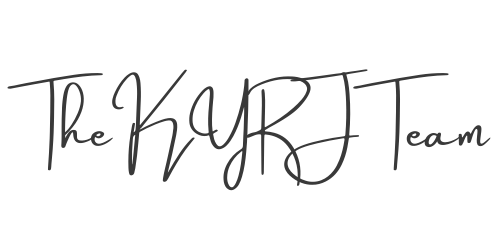DISCLAIMER: The content of this website, by its very nature, is general, whereas each user’s situation is unique. Therefore, please note the information contained within this website is for informational purposes only. All efforts have been executed to present accurate, up to date, and reliable, complete information. No warranties of any kind are declared or implied. Users of this website acknowledge that the Know Yu Rights Jamaica website is not engaging in the rendering of legal, financial or professional advice.
Please read our Privacy Policy & Terms of Use for further information.
Starting a new job is an exciting time, but it can also be filled with questions and uncertainties. One aspect that can cause anxiety for some employees is the probationary period. What exactly is it, how long does it last, and what can you expect during this crucial phase?
What Is A Probationary Period?
A probationary period, often stipulated in an employment contract, serves as a trial period during which both the employer and the employee have the opportunity to evaluate each other’s fit and suitability.
It’s a time for the new hire to acclimatize to the workplace, demonstrate their skills and capabilities, and determine if the company culture and expectations align with their professional aspirations.
How Probation Serves Both the Employer and the Employee
A probationary period offers valuable benefits for both employers and employees:
Employer Benefits:
- Assess the new hire’s skills, competencies, and cultural fit.
- Evaluate performance and identify areas for training or development.
- Make an informed decision about extending the employment contract.
Employee Benefits:
- Gauge the company’s work environment, culture, and expectations.
- Assess if the role aligns with their skills, interests, and career goals.
- Identify potential areas of concern and seek clarification or support.
Probationary Period Length
While there’s no set statutory requirement for probationary periods in Jamaica, collective labour agreements generally stipulate a duration of 3 to 6 months.
Factors Influencing Length:
- Industry standards: Certain industries may have established norms for probationary periods.
- Position complexity: More complex roles may require a longer evaluation period.
- Company size: Smaller companies might have shorter probation periods compared to larger organizations.
- Negotiated terms: Individual employment contracts may specify a specific duration.
Employee Rights During the Probationary Period
Despite being a trial period, employees still retain certain rights during probation, including:
- The right to fair treatment and non-discriminatory practices.
- The right to a safe and healthy work environment.
- The right to minimum wages and other applicable benefits.
Can You Be Dismissed While on Probation in Jamaica?
Yes, employers have the right to terminate the employment contract during probation. However, the termination must be based on a valid reason, such as:
- unsatisfactory performance,
- misconduct, or
- a breach of company policies.
Therefore, employers can lawfully terminate an employee’s contract during probation if:
- The employee’s performance is consistently below expectations.
- The employee engages in misconduct or violates company policies.
- The employee’s skills or competencies do not align with the job requirements.
Notice Period
The Employment (Termination and Redundancy Payments) Act (ETRPA) stipulates that either party, the employer or the employee, may terminate the employment contract without notice during the probationary period OR if the probation period exceeds 90 days, during the first 90 days.
How Employees Can Protect Themselves and Seek Recourse in Case of Unfair Dismissal
To protect yourself as an employee, it is best to insist that:
- your probationary period is clearly stated in your employment contract (if it is not already stated).
- your employer provides you with regular feedback on your performance during your probation.
- your employer provides you with a documented reason(s) for your termination.
Employees who believe they have been unfairly dismissed during probation can seek recourse through the following channels:
- Discuss the termination with your employer and seek clarification (request documentation of all important points).
- File a complaint with the Ministry of Labour and Social Security (MLSS).
- Speak with a Union Representative, if applicable.
- Seek legal counsel if necessary.

